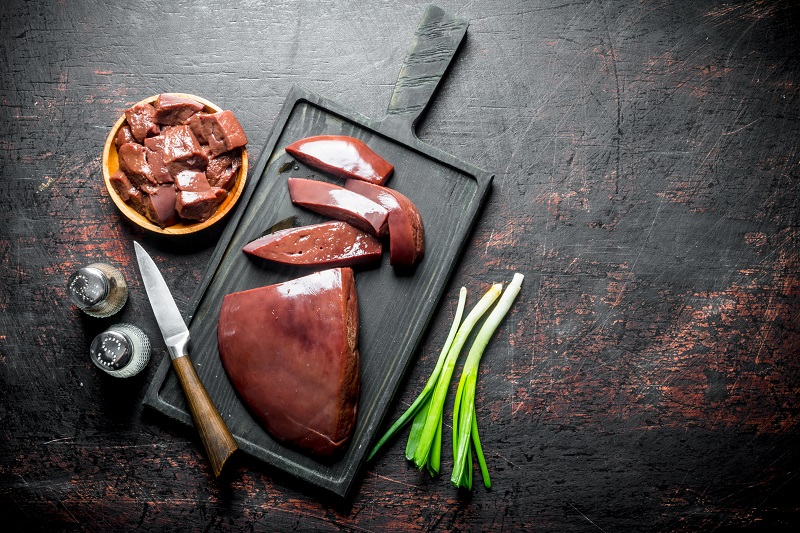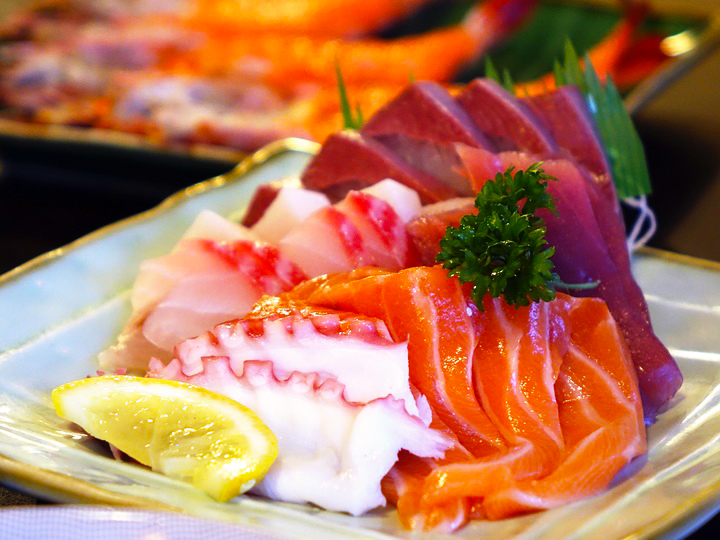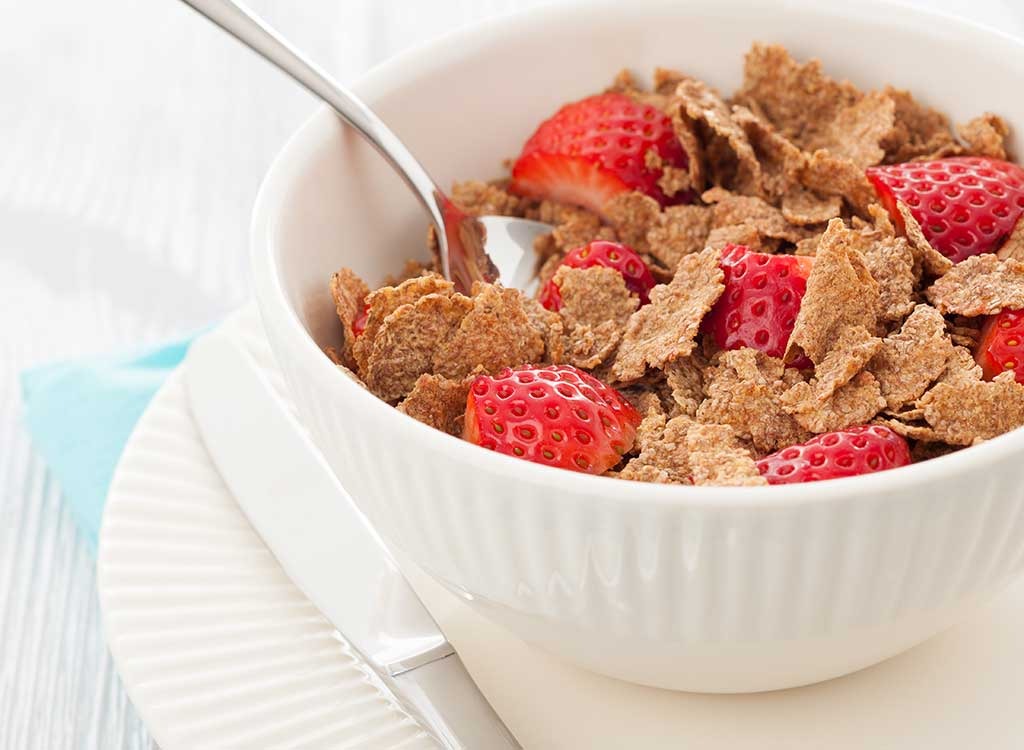Vitamin B12 is one of the most important micronutrients that we need for multiple crucial functions in our body. It is a water-soluble vitamin and it mainly helps to keep your brain healthy to maintain its natural functions. Moreover, vitamin B12 promotes nerve health and supports the production of DNA as well as red blood cells. For a healthy adult, 2.4 mcg per day is the recommendation by RDI (Reference Daily Intake) but it can be higher for pregnant women. If you are having less B12 than the daily recommendation, you will face vitamin B12 deficiency and diseases related to it. So, eating some of the best foods for vitamin B12 helps you to fulfil your daily needs.
Keep in mind that you can easily eat more vitamin B12 than daily requirement without any side effects because excess B12 can get stored in your liver for future use so no worries when you are consuming more than needed. Vitamin B12 is plentiful in animal sources like sea fishes, red meat, shell fishes, diary products, poultries, eggs etc. But for pure vegan people, it is really hard to find vitamin B12 rich foods. Fortunately, B12 fortified food items are some decent options. We have tried our best to include both from animal and plant sources for every type of veg and non-veg diet. Without further ado, let’s know the 10 best foods for vitamin B12.
Animal liver and kidneys
Organ meats, such as liver and kidneys, are highly nutritious. Lamb liver, in particular, is definitely one of the best foods for vitamin B12, providing an astonishing 3,571% of the Daily Value (DV) in a 3.5-ounce (100-gram) serving. While beef and veal liver contain slightly lower amounts, they still offer approximately 3,000% of the DV per 3.5 ounces (100 grams).

Additionally, lamb liver is rich in copper, selenium, vitamin A, and vitamin B2. Similarly, lamb, veal, and beef kidneys are abundant in vitamin B12, with lamb kidneys supplying around 3,000% of the DV per 3.5-ounce (100-gram) serving, along with significant amounts of vitamin B2 and selenium. That means, these animal livers and kidneys are some of the foods highest in B12 and are way more than enough to fulfil your daily requirement.
Clams
Clams are small, resilient shellfish with a wealth of nutrients. They are outstanding sources of lean protein and contain incredibly high levels of vitamin B12. Just 20 small clams (190 grams) provide more than 7,000% of the DV for vitamin B12. It’s massive, isn’t it?! This proves why clams are in our list of best foods for vitamin B12.

They are also a great source of iron, supplying nearly 200% of the DV in a 3.5-ounce (100-gram) serving. Additionally, clams are known to possess antioxidants. Interestingly, boiled clam broth is also rich in vitamin B12, with canned clam broth offering 113–588% of the DV per 3.5 ounces (100 grams) which is not a bad number either.
Sardines
Sardines are small saltwater fish with soft bones. They are commonly available in canned form, packed in water, oil, or sauces, and can also be purchased fresh. Sardines are highly nutritious and contain decent amounts of nearly all essential nutrients. A 1-cup (150-gram) serving of drained sardines supplies 554% of the DV for vitamin B12 which makes it one of the best foods for vitamin B12.

Furthermore, sardines are an excellent source of omega-3 fatty acids, which have been shown to provide various health benefits, including reducing inflammation in muscles and promoting heart health.
Tuna
Tuna is a popular sea fish that is rich in nutrients and vitamin B12 is not an exception. 3.5-ounce (100-gram) serving of cooked tuna provides 453% of the DV for vitamin B12. That’s another amazing source of B12 and thus, well-deserved in our list of best foods for vitamin B12.

It is also a good source of lean protein, phosphorus, selenium, and vitamins A and B3. Canned tuna contains a decent amount of vitamin B12 as well, with light tuna canned in water offering 152% of the DV per can (142 grams).
Beef
Just like other animal meats and sea fishes we have mentioned, beef is a fantastic source of vitamin B12 too. A grilled flat iron steak weighing about 190 grams provides 467% of the DV for vitamin B12.

It also contains notable amounts of vitamins B2, B3, and B6, as well as over 100% of the DVs for selenium and zinc. Opting for lean cuts of beef and choosing grilling or roasting over frying can help preserving the B12 content.
Trout
Rainbow trout is considered a highly nutritious fish, rich in protein, healthy fats, and B vitamins. A 3.5-ounce (100-gram) serving of trout fillet provides approximately 312% of the DV for vitamin B12 and 1,171 mg of omega-3 fatty acids. Trout is also a good source of minerals like manganese, phosphorus, and selenium.

Salmon
Salmon is renowned for its incredibly high omega-3 fatty acid content and is also one of the best foods for vitamin B12. Half a fillet (178 grams) of cooked salmon can supply 208% of the DV for vitamin B12.

The same serving size also provides 4,123 mg of omega-3 fatty acids which is awesome for people who want to fulfil their daily Omega-3 requirement. Additionally, salmon is rich in protein, offering around 40 grams in half a fillet (178 grams).
Fortified Cereal
Enough of those animal sources. It’s time for some plant sources for vegan diet. So, as we already said, only B12 fortified items are good options for vegetarian and vegan people to fulfil their daily need. Fortified cereal is one of them as it is also synthetically fortified and not derived from animals. Although not commonly recommended as a primary component of a healthy diet, fortified cereals can contribute to B vitamin intake, including B12. In fact, it is one of the best foods for vitamin B12 for a meatless diet.

Fortification involves adding nutrients that are not originally present in the food. For example, Malt-O-Meal Raisin Bran offers up to 62% of the DV for vitamin B12 in a 1 cup (59 grams) serving. This cereal serving also supplies 29% of the DV for vitamin B6 and substantial amounts of vitamin A, folate, and iron. When selecting a fortified cereal for increasing vitamin B12 intake, it is advisable to choose a product low in added sugar and high in fiber or whole grains for additional health benefits and lower side effects.
Fortified Nutritional Yeast
Nutritional yeast is a protein-rich vegan food that provides vitamins and minerals. Unlike other types of yeast used for baking and brewing, nutritional yeast is specifically grown for consumption. While nutritional yeast does not naturally contain vitamin B12, it is often fortified with this nutrient, making it obviously one of the best foods for vitamin B12. The fortified vitamin B12 in nutritional yeast is synthetic and suitable for vegans.
Two tablespoons (15 grams) of nutritional yeast can supply up to 733% of the DV for vitamin B12. Research has shown that adding nutritional yeast to the diets of raw food vegans increased their vitamin B12 levels and helped reduce signs of B12 deficiency.
Fortified Non-dairy Milk
Non-dairy milk options, such as soy, almond, and rice milks, are getting popular among vegans for nutritious alternatives to dairy milk. While these milk varieties do not naturally contain significant amounts of vitamin B12, they are often fortified with it, making them a valuable source of this vitamin just like other fortified foods of course.

For instance, soy milk can provide up to 86% of the DV for vitamin B12 in 1 cup (240 mL) which is a decent amount to be honest. For this reason, fortified non-dairy milks are also great choice for increasing B12 intake and avoiding deficiencies.
Conclusion
Therefore, these are the 10 best foods for vitamin B12 from which you can choose your preferable food items and add in your daily diet to fulfil your daily requirement of B12 and to overcome the deficiency. Milk as well as other dairy products and eggs are also good options but even though absorption rate is higher than other foods, the amount is not that high to place in top 10. Still, you can consider having them in your diet since they are packed with tons of nutrients including B12.
Keep in mind that if you are suffering from an extreme level of vitamin B12 deficiency then you should consult a doctor for B12 supplements to boost the amount of B12 in your body as soon as possible then you can continue your diet with foods rich in vitamin B12. Hopefully, you have found this article about “10 Best Foods for Vitamin B12 to Boost Brain & Nerve Health!” helpful enough. If it’s really so then don’t hesitate to express your valuable thoughts in the comment section below. Thanks for visiting and appreciating our work.
